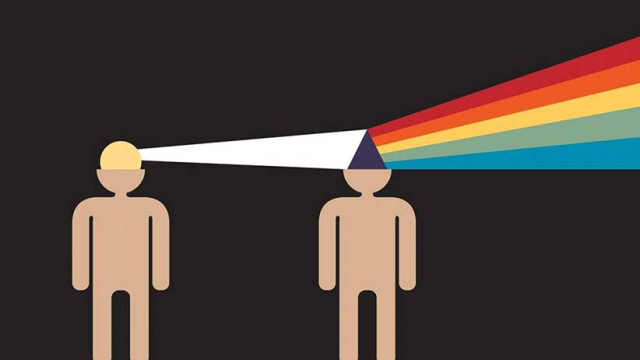In the modern marketplace, if you are in business for yourself or at a high level within a company you work for, it is impossible to avoid social media and its use if you truly want to thrive. That combined with what I believe is an emerging Age of Authenticity ... well, you get the picture.
Just scratching the surface of the broad strokes, it allows you to:
- Provide value to others
- Manage your brand
- Market inexpensively and freely
- Show your human side
- Stay connected to others, events, and your own reputation
- Other fun and cool stuff
This is why I cover social media in depth in the technology module of the Evolutionary Sales course.
But recently, I have stumbled onto a few resources I thought some would find useful and valuable, and I wanted to recommend them to you.
The first is a wonderfully in-depth book I read about a year ago: Tactical Transparency: How Leaders Can Leverage Social Media to Maximize Value and Build their Brand. Whether you are a solo-preneur or you are in charge of PR for an enterprise level organization, its content will be very, very useful to you. Chock-full of examples of both the dos and don'ts and great advice for best practices. I recommend you pick it up at Amazon at the link above.
And since social media is all about sharing, here is an incredibly useful article: 9 Reasons Why Your Content Is Not Shared on Social Networks: New Research. Again, very useful stuff backed by a respectable amount of research. Links to follow in that post as well.
And if you are looking for full education around social media for small or solo businesses, I can not recommend Laura Roeder enough. Just a great person who really, really knows her stuff and is on a scale the rest of us can relate to. She gives away a ton of free valuable content if you subscribe to The Dash.
On blogging [and really, email marketing as well] here is a great piece intended for students, but equally as relevant for solo-preneurs in re blogging, articles, and email marketing on how to write great headlines and subject lines, using, one again, using some of Guy Kawasaki's Genius.
And finally for this post, I thought I would round it out with something humorous/light/fun and also very useful. So many people ask [especially now that Google+ is out to a wider invite pool] which social media service they should join, or what is suited for them, or what is the differences among them, or even, "what's the point". So, via the genius of Guy Kawasaki comes the Social Network Decision Tree. Have fun with that.
UPDATE ::: several people have asked me about facebook fan pages. Without intending the pun, I am not a fan of fan pages on facebook. You can read a prime example of why I do not recommend them »HERE«.
And in general, I have a long-held aversion to running anything in re business where I invest a lot of time, energy and/or money when I do not "own" the data and the DB. I have known a couple people who have lost everything in biz groups as a result of a facebook "oops". You do not really own your data, and your ability to administer it is at least limited on facebook [or any other social networking site].
At the same time, the service is free--you get what you pay for--and we have no right to complain about such a great platform that is offered to us at no cost.
Having said that, it does not mean I will build my business on it in any signifigant way.
How I think facebook pages can be useful is to interact with followers on a platform they are already subscribed to, but I still think the pages should be used to drive traffic to our actual web sites outside of the closed eco-system of facebook.
Update 2: in re who reads what [links you share, emails you send out, etc. Again, via Guy Kawasaki ::: "Fascinating study by Bit.ly about the lifespan of tweets and updates. It found that the half-life (how long it took for 50% of all clicks to occur that a link would ever get) was 2.8 hours for Twitter, 3.2 hours for Facebook, and 3.4 hours for direct messages (such as email)."
Check out the research » HERE« And speaking of the stream, readmore about the art of the Tweet repeat » HERE«
Update 3: Also ... be sure to check out How to Avoid the 7 Deadly Website Sins.
Update 4: I have been asked about scheduling tools for social media. The tool I currently recommend is Hootsuite Pro. It allows you to scheudle your entire markeitng day [or your social stuff while you are off the grid] in advance. I used to recommend TweetDeck, but sice twitter bough them and took over development, they stripped it of a lot of its functionality.
And if you have not read the email charter, do that » HERE «










